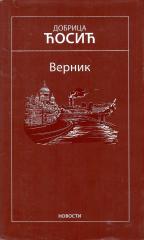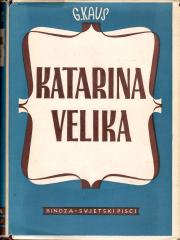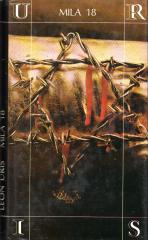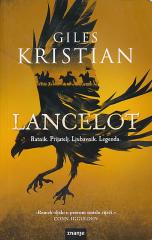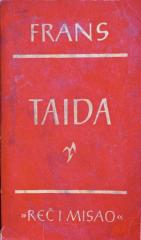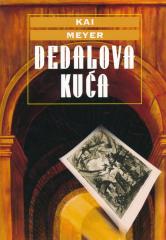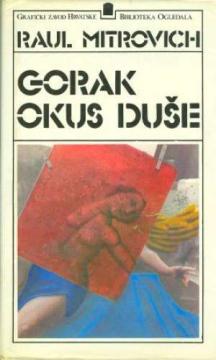
Gorak okus duše
Roman Gorak okus duše autora Raula Mitrovicha, pseudonima Feđe Šehovića, objavljen je 1983. godine. Djelo pripada tipu hrvatskog novopovijesnog romana, gdje je povijesni kontekst prisutan, ali nije u središtu piščeva interesa.
Radnja je smještena u prvu polovicu 16. stoljeća, razdoblje obilježeno prodorom Osmanlija u Europu. Dubrovnik, kroz vještu diplomatsku igru s Turcima, uspijeva zadržati neovisnost, što postaje ključni element u razvoju priče.
Glavni lik, fra Vincenc, naivno vjeruje u pravednost pape i kršćanskih vlasti, što ga dovodi do sukoba s dubrovačkom politikom i, na kraju, do osobne tragedije i pada u ropstvo. Kroz njegovu sudbinu, autor istražuje teme ideala, izdaje i moralnih dilema. U romanu se pojavljuju i povijesne ličnosti poput povjesničara Ludovika Crijevića Tuberona te pjesnika Ivana Gučetića (Gozze), što dodatno obogaćuje povijesni kontekst djela.
Šehović koristi postmodernističke literarne tehnike, poput "nađenog rukopisa" i fiktivne kronike, stvarajući djelo koje je istovremeno povijesni roman i alegorija za suvremena zbivanja. Ovim pristupom, autor se svrstava među utemeljitelje novopovijesnog romana u hrvatskoj književnosti. Gorak okus duše nudi dubinsku analizu ljudske prirode i povijesnih okolnosti, pružajući čitatelju uvid u kompleksnost moralnih odluka i posljedica koje one nose.
Dva primjerka su u ponudi
Primjerak broj 2
- Žig knjižnice
- Blago oštećenje ovitka
